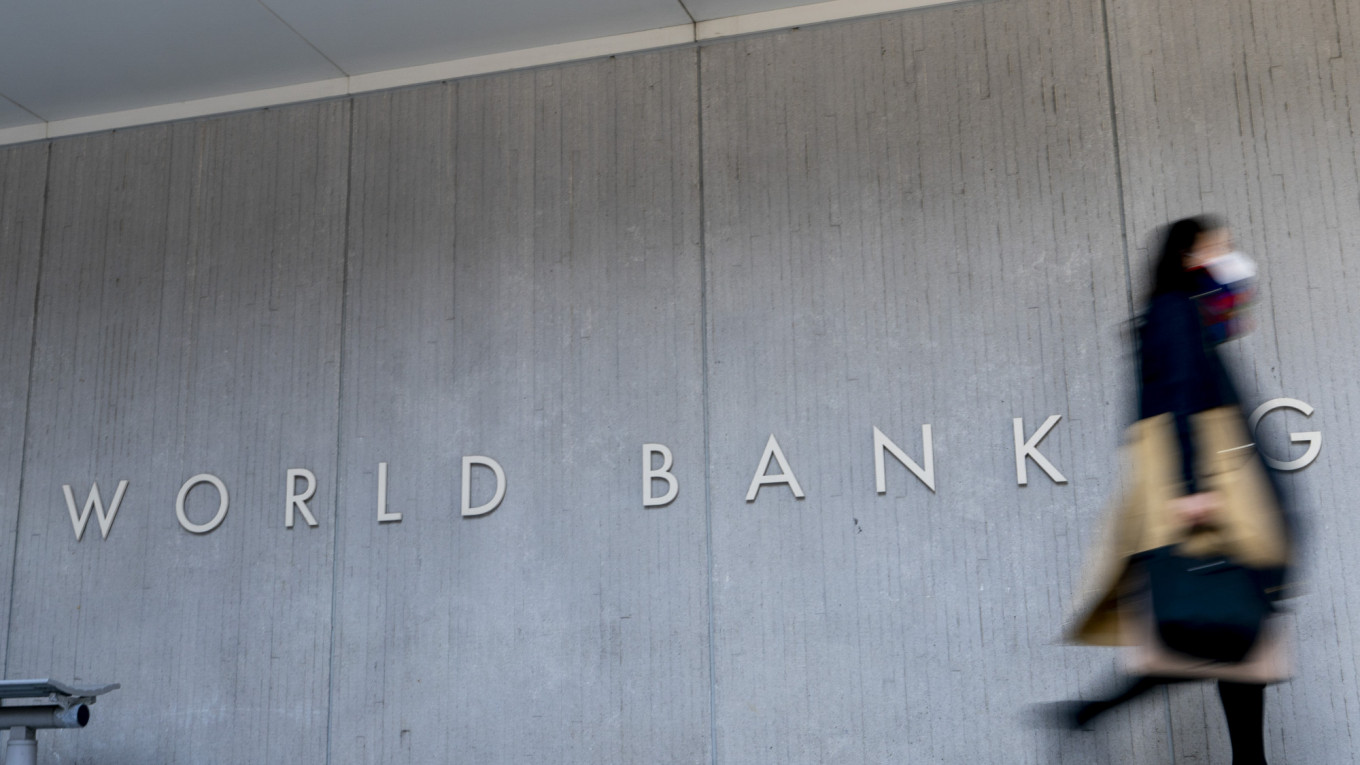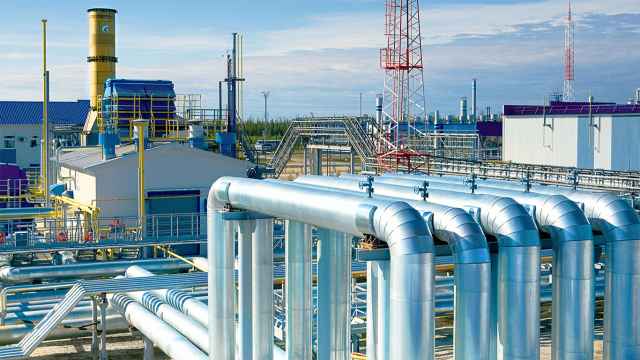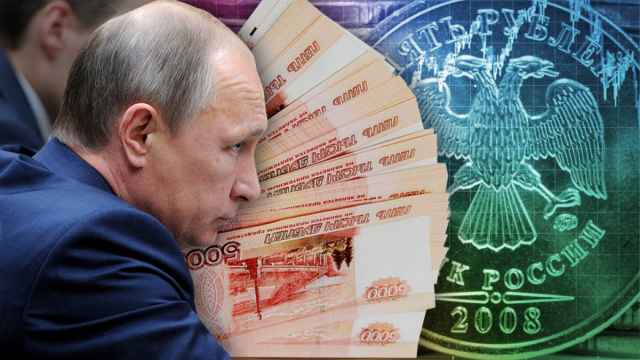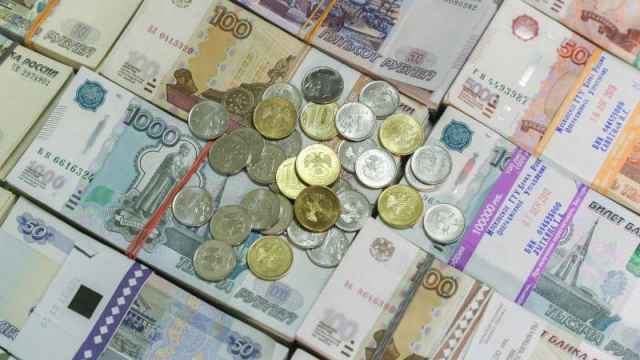The World Bank issued dire forecasts for Ukraine as Russia's invasion impacts both the country and its neighbors, warning in a report released Sunday of an even bleaker economic outlook if the conflict drags on.
Ukraine's economy will collapse by 45.1% this year, the bank predicted, far worse than the 10% to 35% downturn the IMF projected last month.
Russia will see an 11.2% decline in GDP, and the World Bank said the entire region is suffering economic consequences from the war, which began in late February and has caused more than 4 million Ukrainians to flee to Poland, Romania and Moldova.
The conflict also has caused prices of grains and energy to soar.
"The results of our analysis are very sobering. Our forecasts show that the Russian invasion in Ukraine has reversed the region's recovery from the pandemic," said Anna Bjerde, World Bank vice president for Europe and Central Asia.
"This is the second major shock to hit the regional economy in two years and comes at a very precarious time for the region, as many economies were still struggling to recover from the pandemic," she told reporters.
The Washington-based institutions expect emerging and developing countries in the Europe and Central Asia region to contract by 4.1% this year, a sharp reversal from the 3% growth projected before the war, and twice as bad as the pandemic-induced recession in 2020.
Worse-case scenario
Ukraine faces the starkest outlook, with its economy under "severe strain" from shrunken government revenues, businesses that have closed or are only partially operational and trade in goods that is severely disrupted.
Grain exports and other economic activity have "become impossible in large swaths of the country due to heavy damage to infrastructure," Bjerde said.
The bank's forecasts assumed the war would continue for a few more months, but cautioned that they "are subject to significant uncertainty."
In a more pessimistic scenario, which reflects an escalation of the conflict, there would be a larger negative impact on the euro area, increased Western sanctions and a financial shock due to eroding confidence.
The region's economy would contract by nearly 9% — worse than the 2008 global financial crisis — with a 20% decline for Russia and a 75% collapse for Ukraine, the report said.
Another cause for concern is a projected increase in poverty in Ukraine.
The proportion of the population living on $5.50 a day is expected to rise to 19.8% this year from just 1.8% in 2021, according to the World Bank.
Collateral damage
Even if the region avoids the worst case scenario, Eastern Europe alone is expected to see its GDP plummet by 30.7% rather than grow by 1.4%, as projected before the invasion.
The region also has been impacted by the sanctions imposed on Russian ally Belarus for its role in the war.
The report warns that Moldova is likely to be one of the countries hardest hit by the conflict, not only because of its geographic proximity to the war, but also its inherent vulnerability as a small economy closely linked to Ukraine and Russia.
In addition, this part of Europe is dependent on natural gas to meet its energy needs.
A Message from The Moscow Times:
Dear readers,
We are facing unprecedented challenges. Russia's Prosecutor General's Office has designated The Moscow Times as an "undesirable" organization, criminalizing our work and putting our staff at risk of prosecution. This follows our earlier unjust labeling as a "foreign agent."
These actions are direct attempts to silence independent journalism in Russia. The authorities claim our work "discredits the decisions of the Russian leadership." We see things differently: we strive to provide accurate, unbiased reporting on Russia.
We, the journalists of The Moscow Times, refuse to be silenced. But to continue our work, we need your help.
Your support, no matter how small, makes a world of difference. If you can, please support us monthly starting from just $2. It's quick to set up, and every contribution makes a significant impact.
By supporting The Moscow Times, you're defending open, independent journalism in the face of repression. Thank you for standing with us.
Remind me later.






